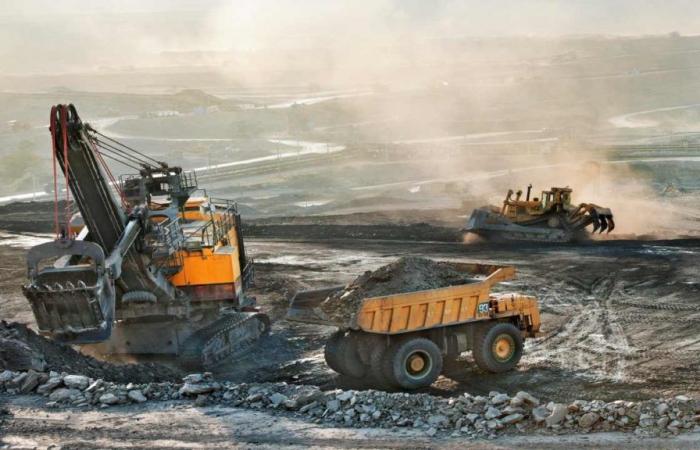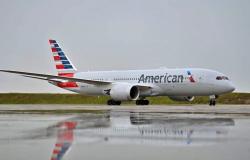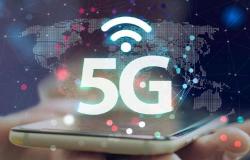Although in recent years it has been argued that electric cars are the best option for protecting the environment, this is not always the case when it comes to their supply chain. An example is the destruction of forests to obtain raw materials. Let’s look at a case in point.
The Hongana Manyawa tribe and nickel for electric cars
This was, until recently, one of the few isolated tribes that inhabited the island of Halmahera in Indonesia. It is estimated that there are about 500 members isolated by their will and about 3,000 who were contacted in the 80s and who still maintain ties with civilization.
Nickel is a fundamental mineral in the construction of batteries for electric cars, and as the region is rich in deposits of this metal and its demand has been constantly increasing, large mining companies have turned their attention to this island.
Are electric cars really sustainable?
Although it seems that the exploitation of these nickel reserves brings benefits to the community, in reality this is not the case. Rather it is the Biggest fraud in historysince, in the case of this tribe, it has meant sinking into a mire of misery and scarcity.
This has led them to approach the miners who destroy their lands, not to try to stop them, but to ask them for help and food, since their lands, increasingly reduced, are not capable of meeting their needs.
Survival International, an NGO that acts in favor of indigenous peoples, also states that many of these aborigines die not only from hunger, but also from diseases brought by the miners against which their bodies are not immunized.
Survival has obtained statements from several members of the Hongana Manyawa tribe who have told them, and have even documented it in videos, that their people are suffering from hunger and other needs due to logging on their land for mining.
Weda Bay Nickel, one of the largest mining companies operating in the area, says the areas they were given as concessions are very far from the tribe’s territory. But Survival denies this statement, calling into question the sustainability of electric cars.
According to them, they have had access to internal documentation where anthropologists, hired by the same company, reported the presence of the Hongana Manyawa in the area, which indicated that the activities were being carried out on lands inhabited by this tribe.
Likewise, Tesla, the giant in the manufacture of electric cars, has established economic and strategic agreements with companies affiliated and connected to Weda Bay Nickel and the Indonesian government to purchase nickel and cobalt extracted from the islands.
In this sense, Tesla has made its position clear that they require their mining raw material suppliers to have informed consent from representatives of indigenous peoples of each area where they carry out their operations.
A well-conceived concession is the solution
In 1998, the corrupt military dictator Suharto, who was then ruling Indonesia, gave Weda Bay Nickel a concession of 45,000 hectares of these islands. But because nickel prices fell in subsequent years, the project was suspended until 2017.
With this background, and because at the time the tribes were not called to share benefits, the solution to this problem would be a new concession, but with the equal participation of all parties.
In short, Tesla needs minerals such as nickel and cobalt to build electric cars, but its suppliers do not always show an ethical attitude, so there is fraud and how they have scammed you all these years when talking about sustainability.






